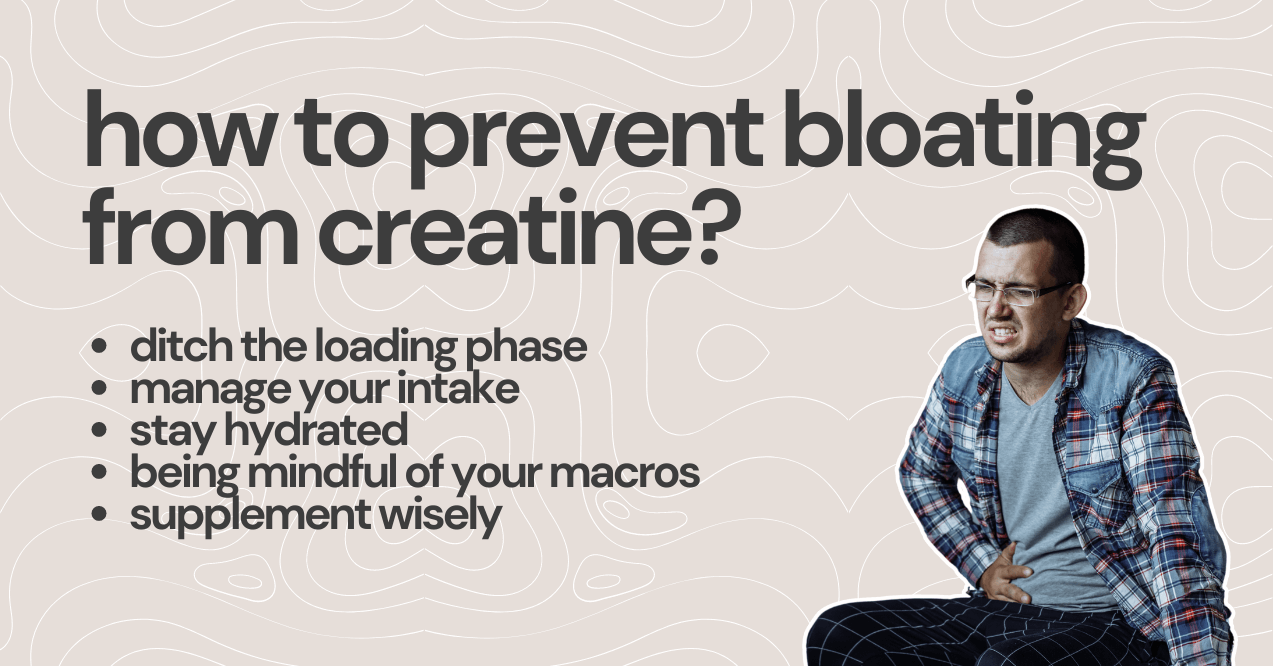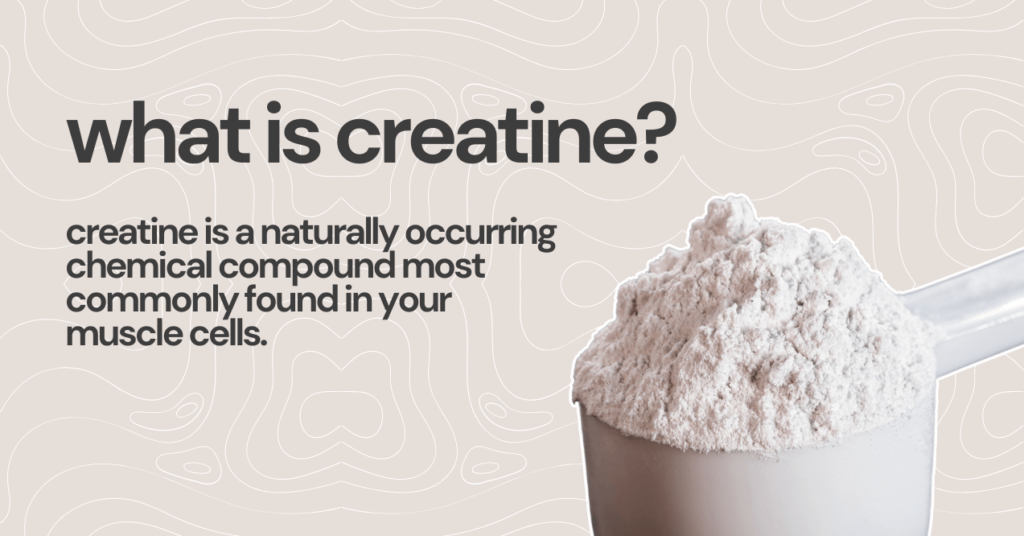Does Creatine Cause Bloating In The Stomach

Creatine, a popular supplement among athletes and fitness enthusiasts, is under scrutiny for its potential to cause bloating. Immediate concerns arise regarding its impact on digestive comfort and overall well-being.
This article addresses the widespread question: Does creatine cause bloating? We break down the science, research, and expert opinions to provide a clear answer, separating fact from fiction.
The Creatine-Bloating Connection: Unpacking the Issue
The primary concern revolves around creatine's water retention properties. Creatine draws water into muscle cells, enhancing performance and growth. However, this process may also lead to increased water retention in other parts of the body, including the stomach.
Initial bloating sensations are often experienced during the creatine loading phase. This involves consuming a high dose (around 20 grams per day) for 5-7 days. Some individuals find this phase particularly problematic in terms of bloating.
Scientific Evidence: What Does the Research Say?
Research on creatine and bloating is somewhat mixed. Some studies report a correlation between creatine supplementation and increased body weight, potentially due to water retention. For example, a study published in the Journal of Strength and Conditioning Research showed an average weight gain of 1-2 kg in the first week of supplementation, partly attributed to water.
However, not all research points directly to bloating as a side effect. A meta-analysis in the Journal of the International Society of Sports Nutrition suggests that while weight gain is common, subjective reports of bloating are less consistently reported, especially with lower doses.
Furthermore, individual responses vary significantly. Factors like creatine dosage, hydration levels, diet, and pre-existing gastrointestinal conditions can all influence whether someone experiences bloating.
Expert Opinions: Weighing In on the Debate
Dietitians and sports medicine professionals acknowledge the potential for creatine to cause bloating, particularly during the loading phase. They also emphasize that bloating isn't universal, and many users experience no significant digestive distress.
"Bloating is a possible side effect, but it's not guaranteed,"states Dr. Emily Carter, a registered dietitian specializing in sports nutrition.
"Proper hydration and smaller, more frequent doses can often mitigate the issue."
Some experts suggest that switching to a different form of creatine, such as creatine hydrochloride (HCL), may reduce bloating. This form is believed to be more easily absorbed, potentially minimizing water retention in the gut.
Minimizing Bloating: Practical Strategies
Several strategies can help reduce the likelihood of experiencing bloating while taking creatine. These include:
- Avoiding the Loading Phase: Opt for a lower, consistent daily dose (3-5 grams) instead of a loading phase.
- Staying Hydrated: Drink plenty of water throughout the day to help your body process the creatine.
- Dividing Doses: Split your daily dose into smaller servings taken throughout the day to improve absorption.
- Considering Creatine HCL: Explore alternative forms of creatine like creatine hydrochloride (HCL).
- Monitoring Diet: Be mindful of other bloating triggers in your diet, such as high-sodium foods or artificial sweeteners.
Some individuals also find that taking creatine with meals can improve tolerance. Experimenting with different timings may help identify what works best for you.
Who Is Most Affected by Creatine Bloating?
Individuals with pre-existing digestive issues are more prone to creatine-related bloating. Conditions like irritable bowel syndrome (IBS) or sensitivities to certain foods can exacerbate bloating.
Women may also be more susceptible to water retention and bloating due to hormonal fluctuations. Pay close attention to your body's response and adjust your creatine dosage accordingly.
New users of creatine are more likely to experience bloating during the initial stages of supplementation. Over time, the body may adapt, and bloating may subside.
The When, Where, and How of Bloating
Bloating, if it occurs, typically manifests within the first few days or weeks of creatine supplementation. It primarily affects the abdominal area, causing a feeling of fullness and distension.
The intensity of bloating varies depending on individual factors and the dosage of creatine. It usually subsides within a few weeks of maintaining a consistent dosage and proper hydration.
Bloating can be mitigated by adjusting creatine intake, optimizing hydration, and addressing underlying digestive issues.
Conclusion: Addressing Concerns and Next Steps
While creatine can cause bloating in some individuals, it's not a universal side effect. Careful attention to dosage, hydration, and dietary habits can significantly reduce the likelihood of experiencing digestive discomfort.
Individuals experiencing persistent or severe bloating should consult with a healthcare professional. They can rule out other potential causes and provide personalized recommendations for managing symptoms.
Ongoing research continues to explore the relationship between creatine and digestive health. Future studies may provide more insights into mitigating bloating and maximizing the benefits of creatine supplementation.








:max_bytes(150000):strip_icc()/Health-GettyImages-1573526825-ef2348196d364662bb280eec62531e79.jpg)







![Does Creatine Cause Bloating In The Stomach Does Creatine Make You Bloated? [3 Best Tips Included]](https://editorialge.com/wp-content/uploads/2023/07/Does-creatine-make-you-bloated-2-768x432.jpg)

